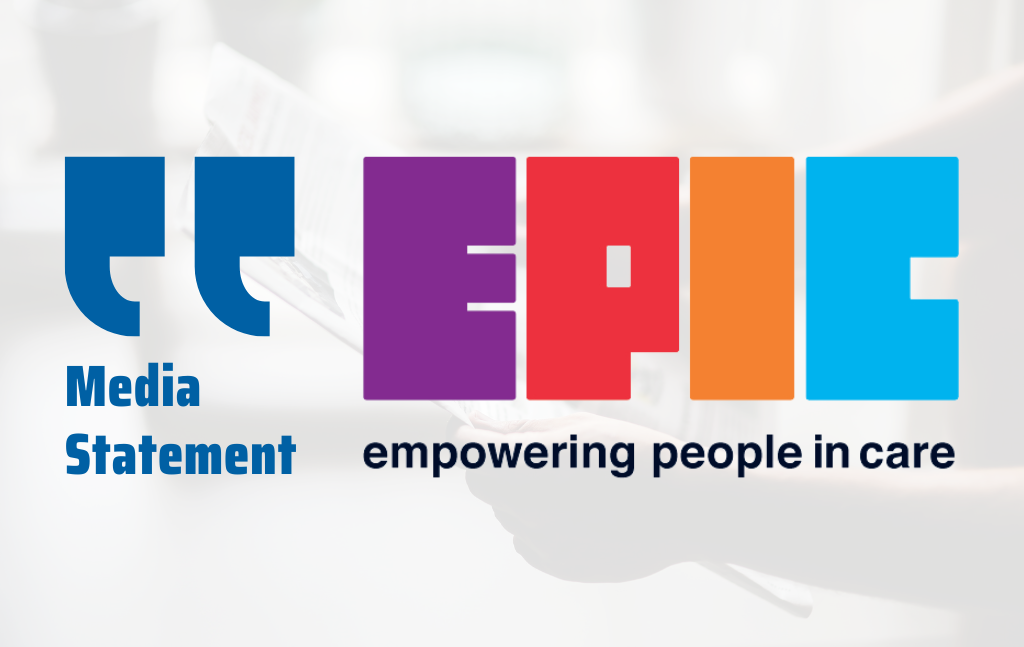Publication of CSO Data on Educational Attendance and Attainment of Children in Care

2 August 2023
EPIC, Empowering People in Care, welcome the publication of the data from the Central Statistics Office outlining the School Attendance and Attainment of Children in Care and the outcomes of those who have left care in recent years.
Responding to the release, Marissa Ryan, CEO of EPIC, said: “EPIC welcomes the publication of this data which gives an overview of the school attendance and educational attainment of children in the care system, as well as information on the outcomes of those who have recently left care. The state has a statutory duty to support and monitor the educational outcomes of children for whom it is acting in loco parentis, and it is crucial that this duty is subject to oversight and transparency. Historically, Ireland has failed to gather and analyse robust data across a range of areas relating to children in care, and this dataset release is a positive step which will hopefully lead to informed and evidence-based policy making.”
“Unfortunately, the data highlights that children in the care system have poorer educational outcomes when compared with their peers, on every level and metric. Children in care can face disruption to their education due to the circumstances that result in their being taken into care and the impact and trauma of this, as well as due to issues related to their journey in the care system, such as moving schools.”
“This data should ring alarm bells across the Department of Education and Skills, and the Department of Further and Higher Education, Research, Innovation and Science. Some of the most vulnerable children in our society are not being adequately supported to progress through their education in the same way as their peers. This, in turn, can hinder their ability to reach their full potential as adults.”
Rory Brown, a member of EPIC’s Youth Council and a primary school teacher said: “This report underlines the need for both Departments to come together and develop a strategy on how they can best support children in care and young people leaving care to progress their education using a life-cycle approach. Many are falling through the cracks of the current system, with 3 in 10 failing to progress through education. There is also a need to assess what resources, training and awareness are needed nationally in providing schools and colleges to meet the needs of both children in care, and the teachers, principals and other professionals working with them.
“We have seen some good practice recently. Last year, care-leavers were recognised as a priority group in the Government’s National Access Plan for Equity in Higher Education for the first time, acknowledging our specific and unique needs. Universities including MTU, NUIG and TUD are all working on refining supports for care-leavers. However, this work must start at a much earlier point – the Department of Education must develop a plan on how to ensure children in care are prioritised for any additional supports they need, and work with DFHERIS to ensure a smooth transition into higher education and training.”
“Speaking as someone who was in care and who knows the value of education as a teacher, I believe this report has been slow coming, and action is needed now to prevent our education system from failing more young people in care, as it has failed too many already. The data does not inform us of the retention rates of care leavers in further and higher education. Until a report is done on this, the true picture of how children in the care system progress through the full educational system will not be known.”
END